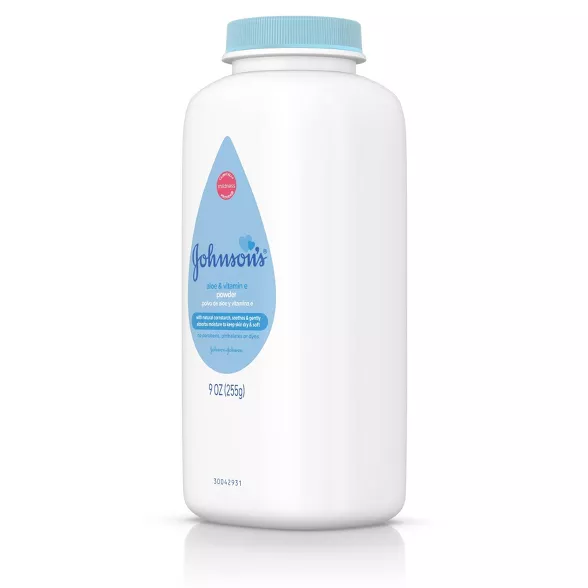
Johnson & Johnson seeks new punitive damages trial in Talc case - NJ Law Journal
by Charles Toutant - New Jersey Law Journal
After a New Jersey jury handed it a $750 million punitive damages verdict in a suit alleging its baby powder caused four people to develop mesothelioma, Johnson & Johnson is seeking a new trial or a reduced verdict.
Counsel for the plaintiffs in court papers filed Monday defended their questioning of company CEO Alex Gorsky, calling its questions about his rate of pay relevant to his credibility and potential bias. That comes after Johnson & Johnson’s lawyers, in motions filed in February for a new trial on punitive damages, for judgment notwithstanding the verdict, and for remittitur, took issue with the plaintiffs’ subpoena of Gorsky at trial. Jurors, Johnson & Johnson said, were exposed to inflammatory and inadmissible evidence, yielding an award that “breaches the outer limit of constitutional propriety.”
Superior Court Judge Ana Viscomi, in Middlesex County, is weighing the motions by Johnson & Johnson and opposition papers from lawyers for the four plaintiffs in the case.
The punitive damages verdict was returned Feb. 6 after Gorsky was called to testify for the company at trial. Much of the company’s motion for a new punitive damages trial deals with Gorsky’s testimony and the questions asked of him by the plaintiffs’ lawyers.

New Jersey Law of Personal Injury with the Model Jury ChargesBOOK
ANALYSIS AND JURY CHARGES SIDE BY SIDENew Jersey Law of Personal Injury collects and analyzes the leading personal injury cases and follows with the ful...
Get More Information
Get More Information
The $750 million punitive damages was reduced to $186.5 million by Viscomi under a state law limiting punitive damages to five times the compensatory award—in this case, $37 million, awarded in September 2019 after another trial.
In its motion for a new punitives trial, Johnson & Johnson argued that the trial judge should not have allowed the plaintiffs’ lawyers to admit evidence concerning the timing of Gorsky’s sale of stock in November 2018, just after a reporter from Reuters contacted the company about an upcoming article accusing it of suppressing information about asbestos contamination in talc. Johnson & Johnson claims in court papers that the stock sale is not relevant, and that questions during trial about Gorsky’s compensation were improper and were raised by the plaintiffs to inflate the punitive damages award.

No comments:
Post a Comment